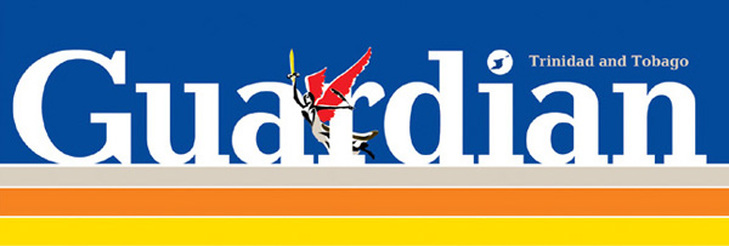Supposedly in its various forms and schemes this type of engineering would improve society: tackle crime and violence, reduce family sizes, end the drug trade, produce minds of the future, provide “developed” nation status by 2020, bring prosperity for all, and more.
The only problem is such social problems were not fixed and solved. If anything, social disasters like economic inequality and poverty got worse. One way to imagine failures of State-led social change might be to say the State itself is part of the problem.
One reason behind the failures of successive Government-led social change projects is the “magic jellybeans” school of thought those who make the decisions find most seductive. Instead of a magic beanstalk they put their faith in the alchemy of science, including social science, the most magical of sciences.
This dream world is exempt from the irrational and daily realities of family, work, play and survival. Instead, rational thinking and planning by technical experts in specialist language that excludes most people from the conversation – what Norman Girvan calls the “technification of language” – devise one stop plans for social change.
Let’s take GATE. Who would argue against a State pursuing Western tertiary education as a way to improve the human condition? In this social engineering experiment success is entirely possible; no one would say free education is a completely crazy idea. Yet what seems simple and singular from the outside, free tertiary education, is actually a vast and complex system.
At the UWI for example, the undergraduate student to supervisor ratio has exploded to unmanageable proportions, the same if not worse with Graduate supervision. The infrastructure in terms of books, classrooms, facilities, educators, and oversight cannot cope with the large mid-2000s increase in student numbers.
Of course, as with everywhere in Trinidad, visible evidence is seen daily in painful traffic jams to leave campus. More worrying evidence is the gap between graduates produced and jobs available, which festers in wider society with long-term implications no politician is sure of.
So while we can agree with technocrats that education is important for the future, social engineering is never a simple fix. Even the most well-intentioned and educated professional can produce social calamities, because technocrats often fail to see the larger, system-wide effects of particular and singular interventions.
Another example of State led hubris can be seen in the energy sector. Like any State that cares about economic development T&T is committed to the exploitation of our natural resources.
In order to enhance this exploitation the State is allowing energy companies searching for oil and hydrocarbons in the seabed to deploy air guns, which release intense pulses of compressed air into the water. These pulses according to the US-based Natural Resources Defence Council can cause fish stocks to plummet over enormous areas of ocean.
On the surface the technocrats and those with the magic jellybeans consider this deep-sea search to be of minor proportions, clear and easily managed, understood by the “experts”. Yet the politicians in charge cannot completely anticipate the complex systems they are intervening into and the potential outcomes.
And here we might say State driven, “expert” led projects to engineer nations often create more problems than they solve because we know far less than we think we do, and our predications are often more fairy tales than fact.
A Government might understand the value of finding more oil and gas but they cannot foresee the interconnected environmental and social effects the failure of fish to spawn, others to migrate, organ damage to others, and endangerment of the food supply will lead to.
According to the anthropologist James C. Scott these sorts of realities mean we need to rethink State development and “centrally planned, social engineering projects”.
For example, they should take small steps rather than be grand visions. Be localised. Favour reversibility and interventions that can be undone. Build consensus. Recruit practical local knowledge alongside academic science, and in equal measure plan for surprises, failure, and human inventiveness.
This is all simplistic of course – and we haven’t even mentioned biases or vested interests yet – but its still easy to see why, locally and internationally, certain State led schemes to improve the human condition have and will continue to fail.
http://www.guardian.co.tt/columnist/2013-12-08/gifts-and-bribes

 RSS Feed
RSS Feed